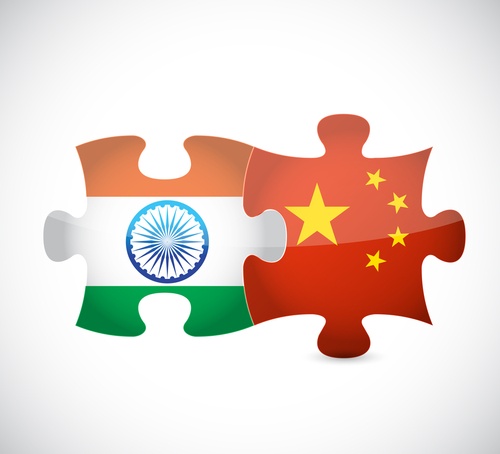
Shinde, India. The Babul tree has 2-inch long thorns and is generally loathed by most of the locals and farmers in the fertile Maharashtra valley. Nevertheless, when the tree reaches 10 feet in height it triggers a tree preservation ordinance and cannot be cut down without permission of the local forestry ministry. The Babul tree is just one of the many thorns in the side of the Beiqi Foton Motor Company as they work to build a massive, 1,500 acre manufacturing compound on what was once fertile farmland. Other thorns include the sacred mountain that lies at the back of the proposed site, the solace-seeking monks who live on it and the thousands of pilgrims who visit it yearly.
The NY Times article covering the travails of the Chinese auto manufacturer as it seeks to build its first overseas production facility is fascinating in how most of the company’s problems stem from the singular fact that they didn’t hire local experts to inform them on issues ranging from Babul tree thorns (and height), sacred mountains, praying monks and the dozens of share-cropping farmers affected by the project. So, while Foton won the blessings of Prime Minister Modi and other New Delhi politicians, they didn’t do the work developing relationships and managers at the local level, and that’s proving to be a costly misstep.
What’s particularly surprising about the situation Foton Motors faces in India, is how entirely preventable it all was. It also speaks to the risk businesses run when they do not consider the impact of culture when venturing overseas. On Amazon alone, there are over 50 books dedicated to the subject of doing business in China and the intricate role that culture plays—and another 50 like-themed books on India. Yet, as we at RW-3 CultureWizard see all too often, somehow when a major company plans its first major international play, the subject of culture seems to be little more than an afterthought. It’s an often-disastrous rookie mistake.
At RW-3 CultureWizard, we refer to this as Cultural Obliviousness. Cultural Obliviousness, is when an organization is sensitive to how foreign players interact with them on their home turf yet somehow “oblivious” of their own behavior when they take their show on the road—so to speak. Imagine how upset residents of Beijing (Foton’s headquarters) might be if Tata Motors moved in and decided to put up an automotive facility near to a site considered sacred to devotees of Confucius? Observers from Beijing to Brooklyn would be wondering what in the world Tata was thinking.
Though the complexities might be many and nuanced, the lesson here is really a simple one, cultural sensitivity is a two way street. Just as you might expect a certain level of savvy and consideration when foreign businesses and colleagues come to your home turf, the same is true when you visit there’s. It’s a lesson CultureWizard loves to teach and the core foundation of our business.
How about you—what right steps and wrong steps have you observed companies make when taking their show on the road? We’d love to hear your stories and wisdom!


